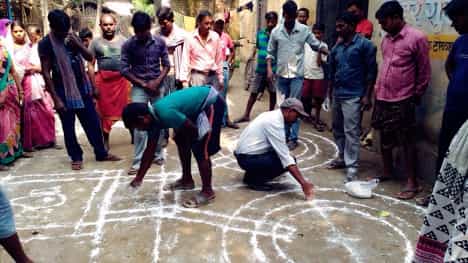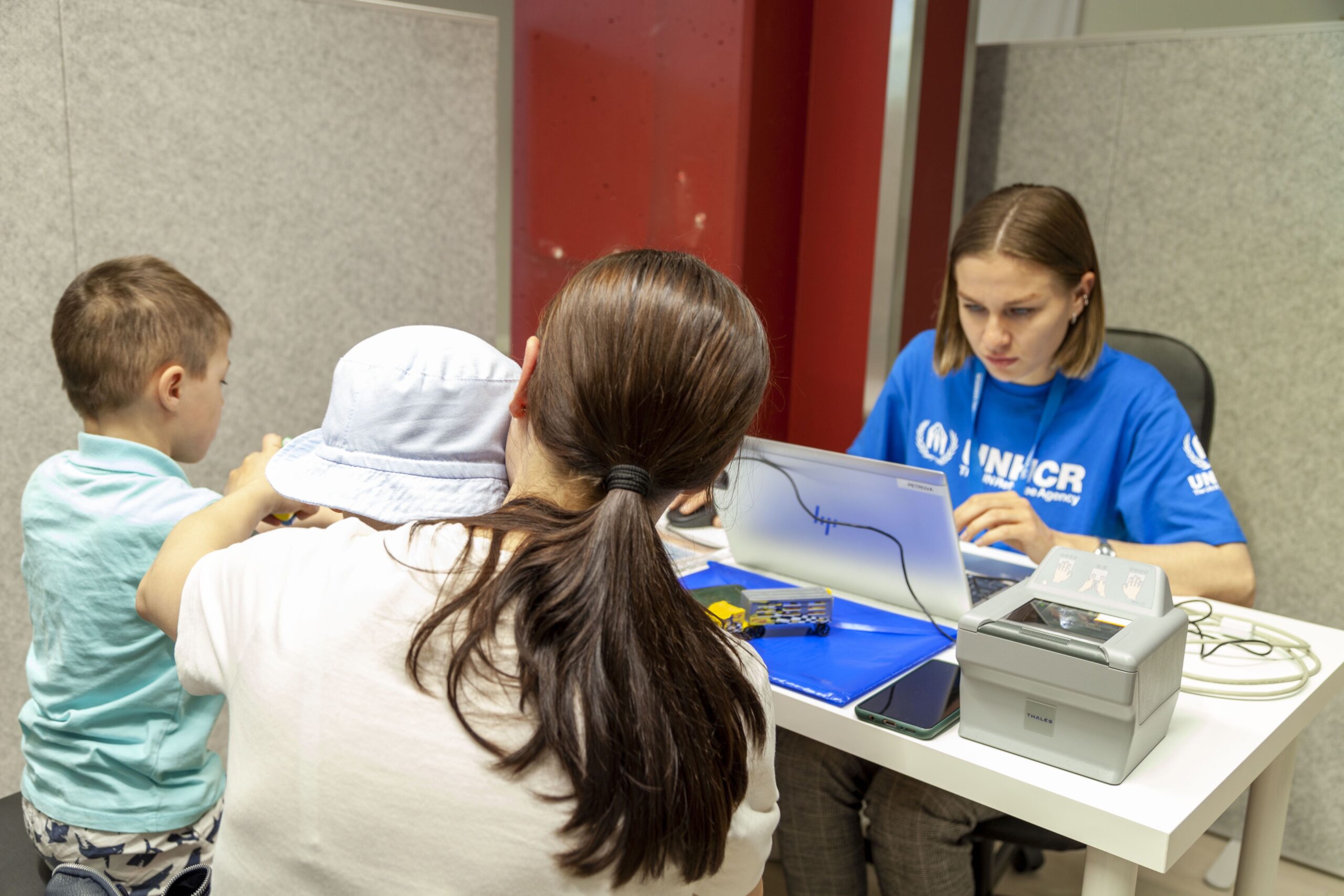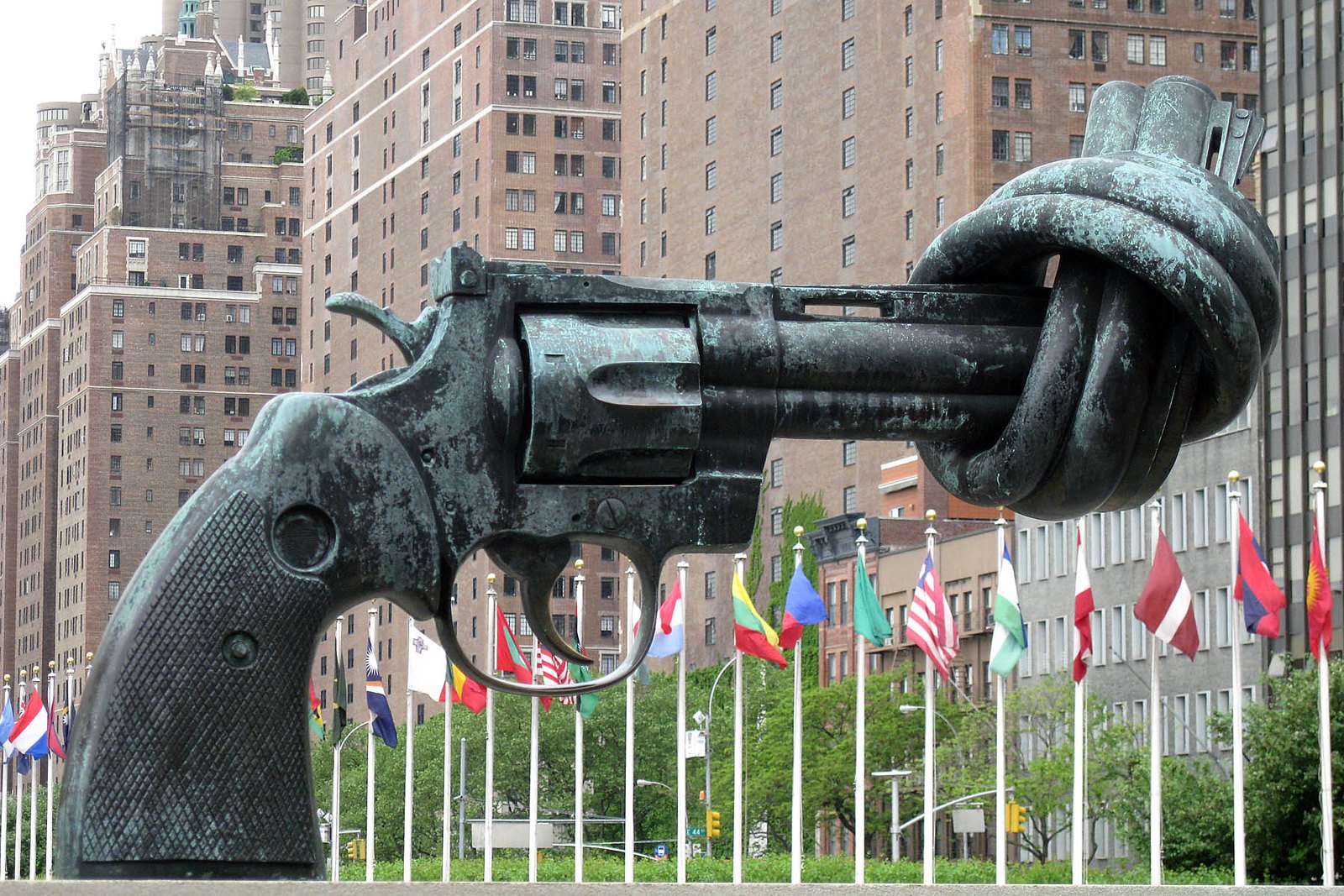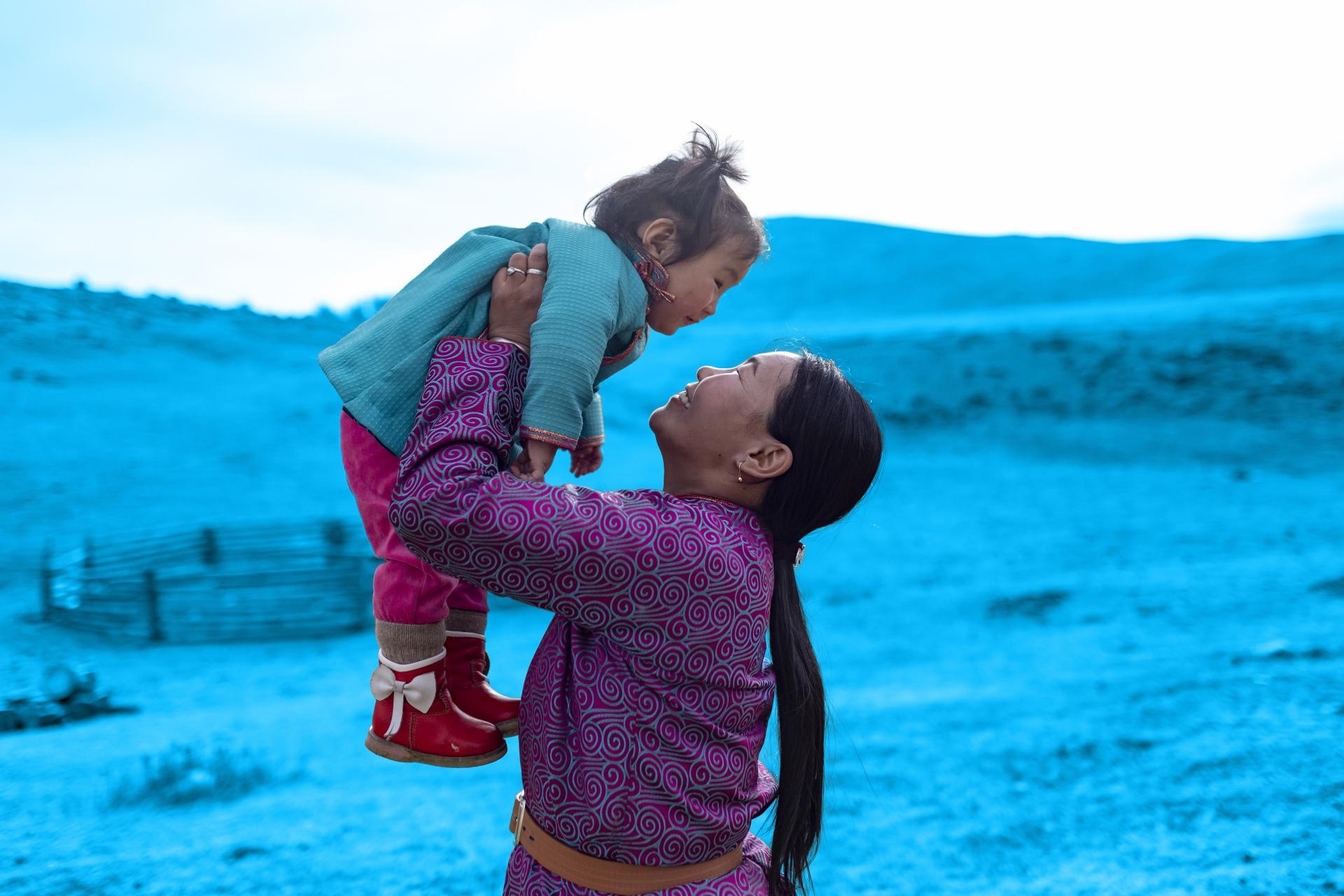
Related News
News Centre
Category: News


UNICC Director Joins European Humanitarian Forum Panel on Digitalization in Humanitarian Settings
24 April, 2023
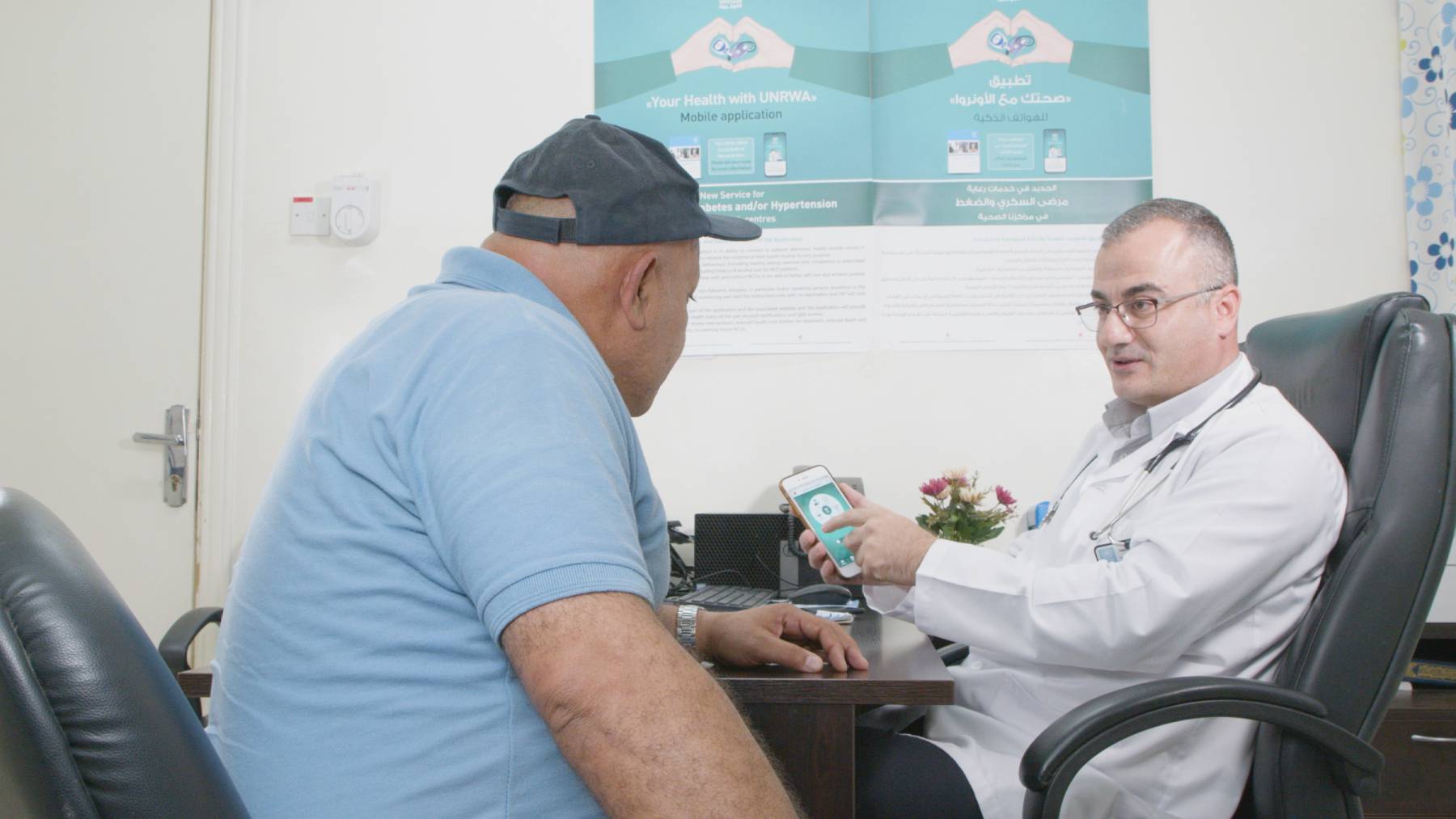
UNICC Helps Streamline UNRWA’s Digital Services Hub
13 March, 2023
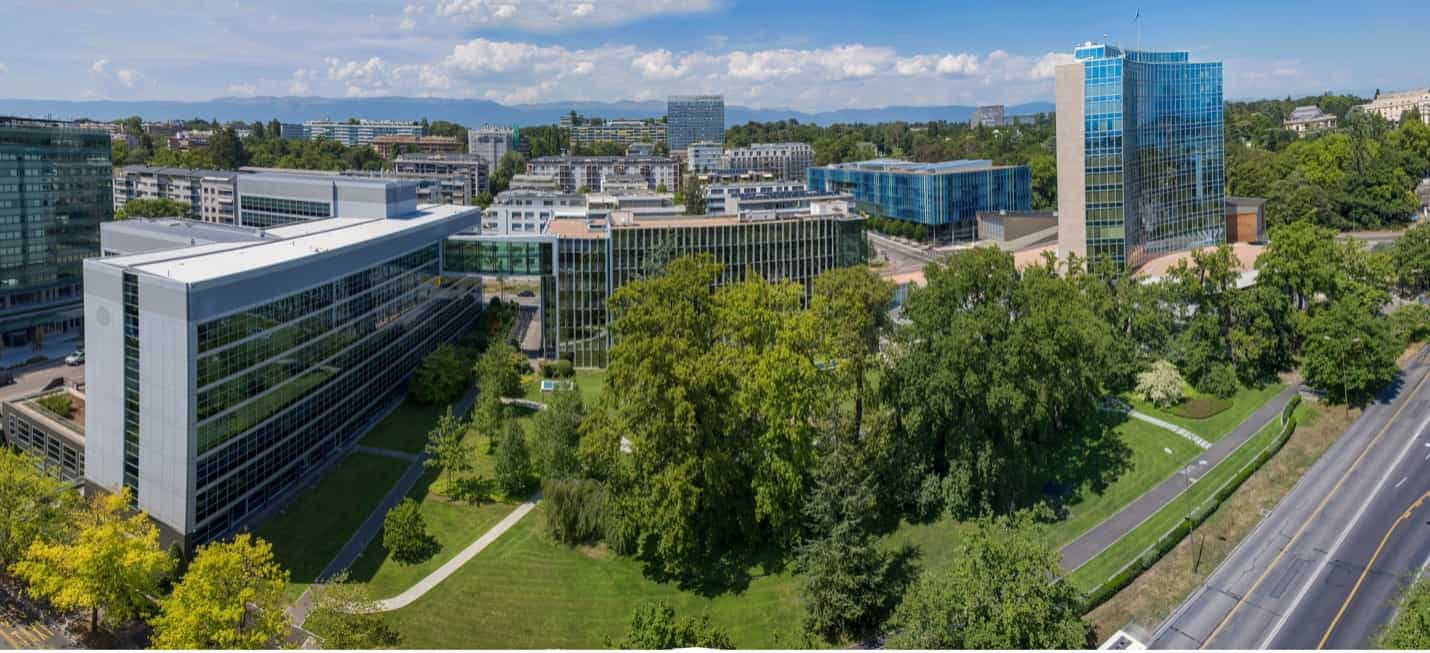
UNICC and WIPO Partner for a Successful Rollout of Microsoft Teams
20 February, 2023
